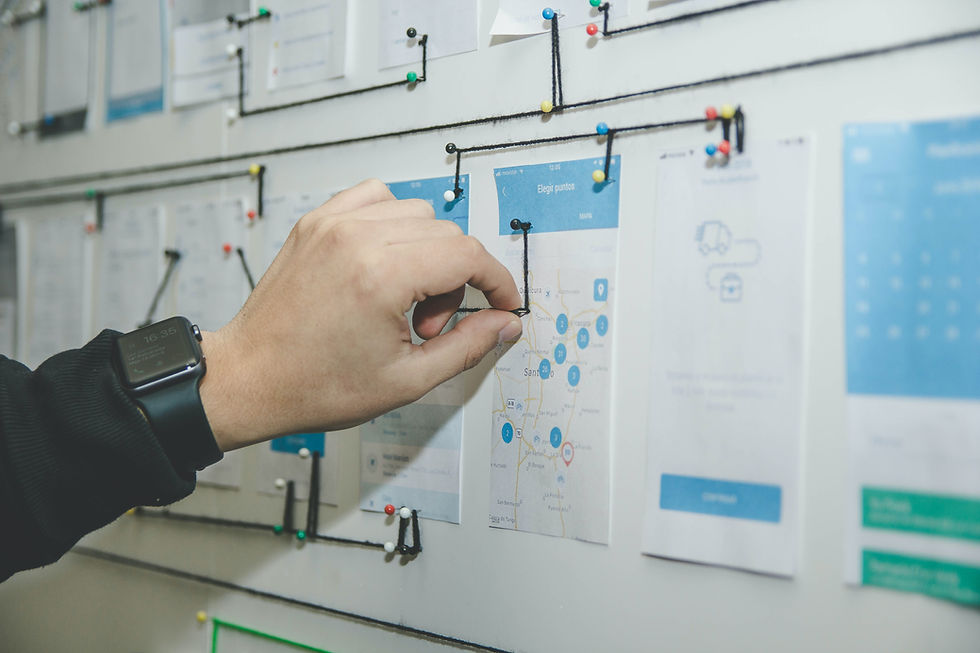How Cognitive Automation Can Streamline Your Reopening Processes
- jessicaknelson
- Apr 26, 2022
- 3 min read

Cognitive automation is an encompassing term which covers the application of artificial intelligence and machine learning technologies to automated processes. This works to take over tasks which would otherwise require manual labour to be accomplished, and it can very effectively improve business outcomes across a wide range of applications spanning different industries. In fact, Fabrizio Biscotti, Research Vice President at Gartner recently noted that, "hyper-automation has shifted from an option to a condition of survival."
The Role of Cognitive Automation in Reopening Processes
It’s an exciting time for businesses as we’re now moving forward and progressing through the reopening stages following the global pandemic. However, this new stage is not without its struggles. Many understandably have reservations surrounding the return to in-person work – in fact, the American Psychological Association reports that 48% of fully-vaccinated Americans are hesitant to return to in-person contact. The good news is that businesses of many types can utilize cognitive automation to respond to some of those challenges and streamline the reopening processes as much as possible to optimize success and relieve those stresses.
Avoid Productivity Loss
As businesses transition to bringing their employees back in-person and interacting face-to-face, many are doing so in a series of phases rather than all at once in order to ease back in and prioritize the safety of their team and clients.
Implementing cognitive automation can help you to avoid any loss of productivity throughout this transition. Allowing technology to automate manual, repetitive, and/or time-consuming tasks helps businesses to make up for the loss of productivity that would typically accompany a smaller workforce. As reopening phases continue and you gradually gain the full force of your typical team, these processes can remain in place so that your employees can spend their time and effort on more intellectually demanding and complex tasks, further increasing the productivity and profitability of your business.
Ensure the Safety of Staff and Customers
Reopening processes involve the implementation of additional safety measures such as surface disinfection, temperature checks, and increased cleaning schedules. Utilizing employees to carry out these tasks works to a degree, but it places those employees in hazardous situations while also introducing the possibility of human error.
This is one area where cognitive automation can truly shine. Taking over these repetitive tasks in an automated fashion is a great way to keep your employees safe while guaranteeing that the job gets done right, every time.
Effortlessly Adhere to Protocol
Governing bodies across industries and around the globe have instituted reopening guidelines and protocols. With these requirements differing from place to place, and often undergoing changes, it can be difficult to keep up and feel confident that your business is remaining safe and above-board.
Cognitive automation can help to relieve your worries and ensure that you’re adhering to all relevant protocols. The automated screening of contracts for appropriate clauses, automated self-reporting, and automated regulatory scans to flag new and amended regulations are extremely helpful in providing you with the clarity you need around reopening policies and procedures.
The pandemic has amplified the need for and adoption of new technologies in the workplace. Cognitive automation holds great potential for businesses as they progress through reopening processes, and beyond. For more industry-specific applications, reach out to the experts at GlobalDWS. We can help you to utilize technology to improve your business practices and increase success as we all navigate through this challenging time.


Comments